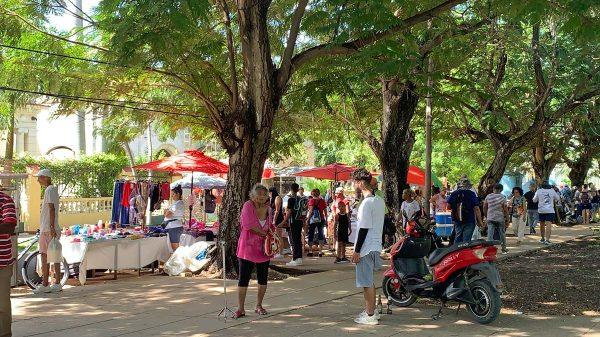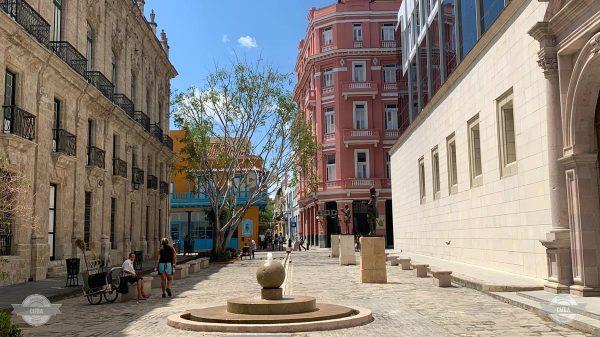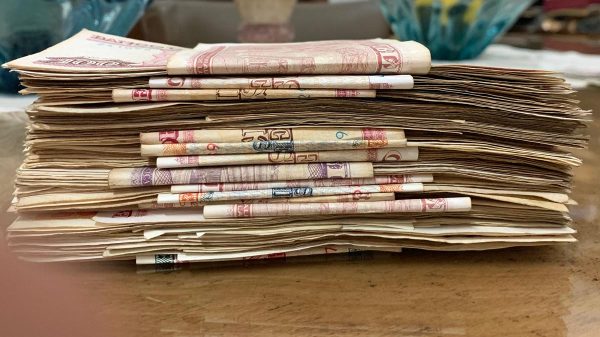The news came as a disappointment to many. The government’s recent Gaceta Oficial Extraordinaria No. 31 ruling has officially pulled the plug on the licensing of some work activities of the cuentrapropistas, (private self-employed workers). While the government did so in order to buttress the Cuban economy in the wake of recent pronouncements from the Donald Trump administration, it’s implementation won’t be without aftershock. As the government suspends some but not all new licensing permits, a lot of privately owned establishments are set to be negatively affected.
Labor Vice Minister Marta Elena Feitó said around 1,600 applications for licenses for affected occupations filed before the ruling came into effect would continue to be processed.
Getting an inside look at the matter is perhaps the only way to understand what the government seeks to achieve with the new ruling that affects the livelihoods of thousands who have eked out a living from soliciting private work. Since 2010 when President Raul Castro changed aspects of the economy, approximately 567,982 private startup businesses have launched. It’s been a positive contributor to the Cuban economy and also to the people after massive government job cuts. The private sector workforce has helped tens of thousand of Cubans earn more than the average 20 – 30 CUCs monthly – necessary in order to survive in the new economy.
Affected Areas Of Business: A Ripple Effect Of Sorts
Many Cubans are really feeling the pinch! In almost every street you enter, it’s easy to encounter concerned murmurs about the recent proclamation. Privately owned paladares (restaurants and cafeterias), electrical repair shops, casa particulars, jewelers, real estate agents, and many other industries have been effected in recent days. The government’s changes will effect new licenses for some private-sector occupations such as the rental of rooms in casa particulars (private homes).
As the debate continues, it appears there is a lot of misinformation flying around about the Gaceta Oficial Extraordinaria No. 31. And there aren’t many concrete answers either. What is the objective? How long will this go on? What is the position for current license holders? But most importantly, why is such rigid action being taken at a time when the Cuban economy is already reeling from Trump’s new rules for American travelers?
The more obvious reasons for the Gaceta Oficial Extraordinaria No. 31 are that the government seeks to regularize private work and to make it more efficiently organized. This, it is hoped, will go a long way in alleviating the wrongdoings said to lurk behind most of the targeted areas of business. In a lot of ways, this makes sense. Several targeted establishments are covertly avoiding their tax obligations because of inadequate monitoring. Income declaration is falling behind projected targets. It’s all pretty messy from the government perspective!
On Monday, the Cuban government said the move would not last years. It could be possible that the government is seeking ways to regulate/monitor/tax this new economic sector. Perhaps the private sector exploded faster than expected. Feitó said in an interview, “We are not talking about a very long period of time. We are not talking about years. We are talking about a normal work procedure to approve these norms.”
Making A Smooth Transition
The fact that the suspension of license authorizations inevitability affects some current applications, it was important to include transitory provisions to lessen the after effects. As such, unprocessed applications submitted at the time of the proclamation will be governed by the law as it stood then. As for workers who are currently carrying out activities in respect of which authorizations have been suspended, it has been declared that their businesses will remain unaffected.
The Problem for the Changing Cuban Economy
Trump’s new rules for American travelers are arguably one of the most influential decisive factors in the recent government move. The rules are set to restrict tourists to tour packages rather than letting Americans travel freely and make up their own minds about where they choose to stay. For the Trump administration this is a way to deviate from so-called military owned establishments.
While it remains to be seen whether the government’s suspension will bear fruit and give a necessary boost to the economy, the authorities feel that this regularization of private work is the only way to move forward and improve Cuba’s economy. Also consider, Cuba, like any other economy and government anywhere in the world, needs to review its policies, licensing, taxation and processing of the new sector.
Zoe Veraz is a content writer, freelance journalist and regular contributor to the Cuba Business Report.














